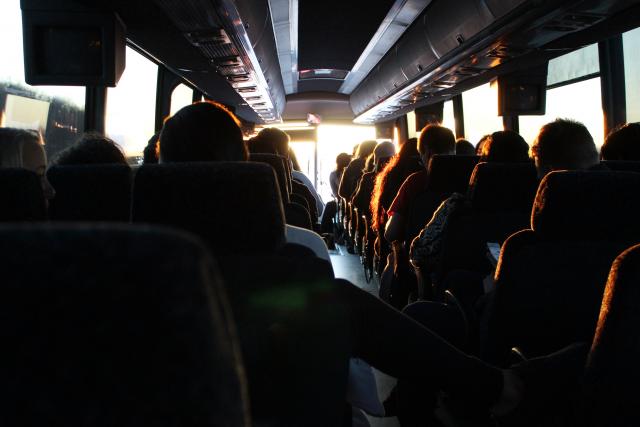By Oliver Lees
Poor frequency, lack of services and inadequate bus stops are among the leading concerns of bus users across Melbourne’s west, according to new data.
Through an online community engagement platform, Friends of the Earth Melbourne Better Buses Victoria Survey has collected more than 550 feedback submissions from across the state.
Of these submissions, 40 per cent of entries have been logged across western suburbs, including in Melton, Wyndham and Point Cook.
Half of all respondents across Victoria felt their bus routes had ‘poor’ or ‘very poor’ service frequency.
All in all, the state scored an average of 1.1 rating for bus frequency out of five.
One respondent posting from McKenzie Street in Melton stated:
“[Melton is a] growth area but hasn’t had full network revamp for years. Buses are only infrequent, especially on weekends. Need a more frequent and direct network with simpler routes.”
Sustainable cities co-ordinator Laura Sykes said this sentiment of infrastructure lagging behind the rate of population growth was another trend identified in the data.
“The other common finding was that many bus routes had poor or no connections to major hubs like shopping centres, education, employment and other key community services,” Ms Sykes said.
“Therefore community members were disadvantaged with their access to key services due to the infrequent and disconnected nature of bus services in their areas.”
Ms Sykes she hopes to see the state government apply these findings as they plan Victoria’s public transport future.
“A practical solution is for smaller, more frequent shuttle buses to run on the arterial roads to estates where bigger buses can’t fit, and that these could be 100 per cent electric shuttle buses,” she said.
“It was great to hear last week that the first electric bus depot will be in Sunshine and the West will receive some of the first electric buses, however we know that in addition to this, improving frequency and connections of services is essential to increasing ridership and therefore reducing reliance on private cars.”







